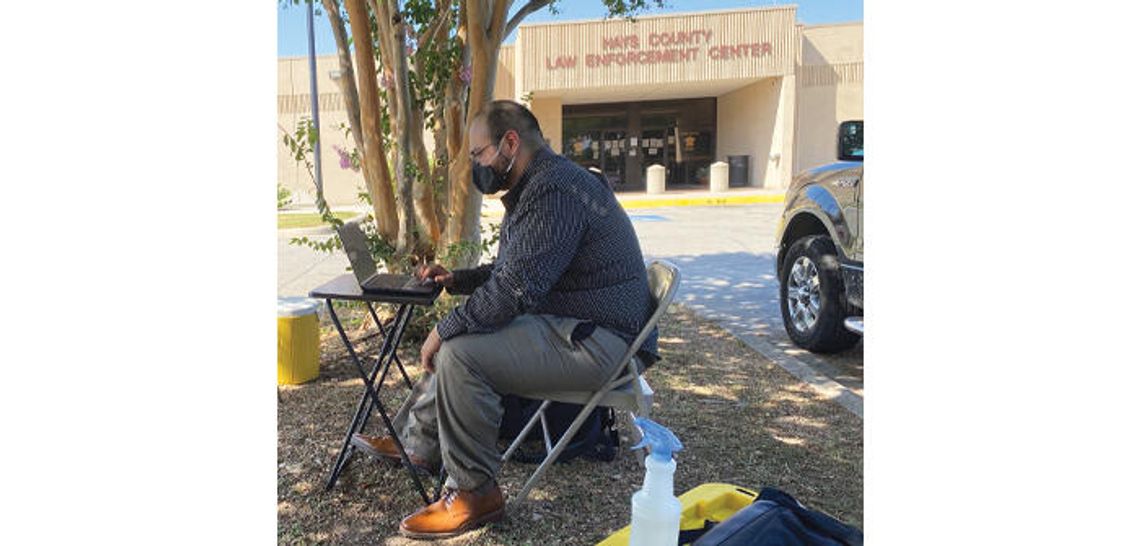By Anita Miller
There’s a new avenue for pre-trial detainees – who make up the majority of those incarcerated in Hays County Jail – to be released from custody and returned to their families, without experiencing any financial impact.
The community bond program was launched in the spring by the activist organization Mano Amiga, and as of last week had accomplished 16 releases and was expecting another 3 to 5 within the next seven days.
PLEASE LOG IN FOR PREMIUM CONTENT. Our website requires visitors to log in to view the best local news.
Not yet a subscriber? Subscribe today!











